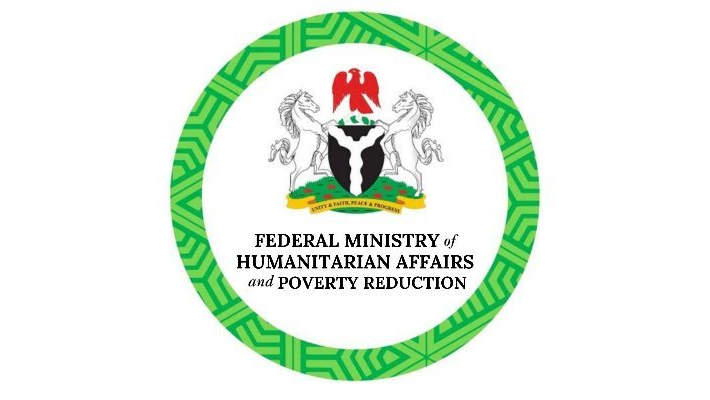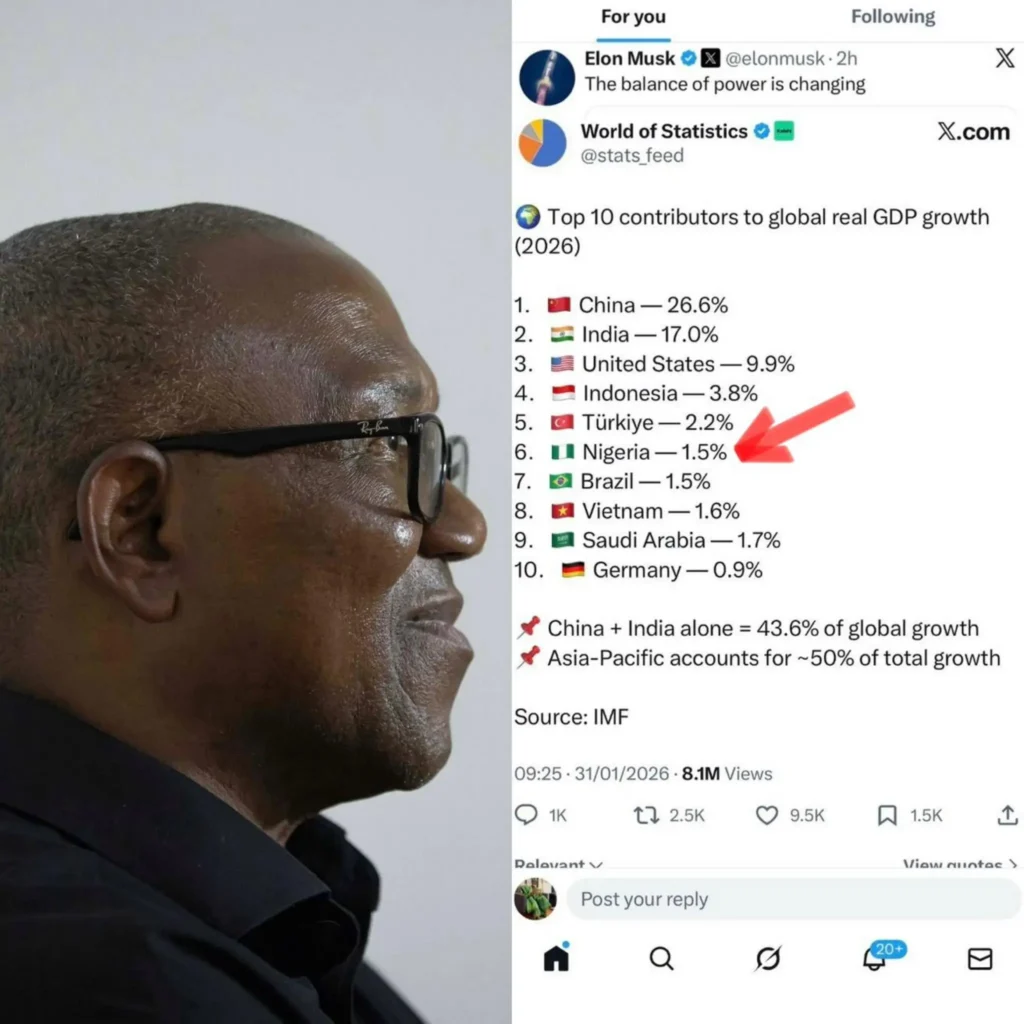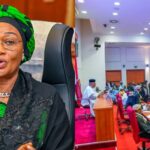FG Cash Transfer Scheme Hits 5.5 Million Households

The Federal Government has announced that at least 5.5 million Nigerian households are currently benefiting from its national cash transfer programme, a key pillar of ongoing efforts to reduce poverty and strengthen social protection systems across the country
The Minister of Humanitarian Affairs and Poverty Reduction, Dr. Bernard Doro, revealed this during the inaugural meeting of the National Steering Committee of the Act Naija Project held in Abuja on Tuesday. Dr. Doro, represented by his aide Abimbola Fasanu, said the government is scaling up interventions designed to support vulnerable families amid rising economic pressures. According to the minister, the ministry has verified more than 19.78 million households under the National Social Register, out of which the current beneficiaries of cash transfers are drawn. He noted that the government’s social protection initiatives extend beyond cash payments. Key programmes include the Conditional Cash Transfer, the Grant for Vulnerable Groups, N-POWER, GEEP, the Homegrown School Feeding Programme, and the National Social Safety-Net Coordination,” he said. He added that micro-credit schemes are already supporting the livelihoods of over 5 million Nigerians, with women and youths recording the highest participation across all 774 local government areas Dr. Doro also disclosed that the ministry is working closely with development partners, civil society, and other stakeholders to review and update the National Social Protection Policy (NSPP). The review aims to ensure the policy reflects current socio-economic realities and aligns with the government’s broader priorities for poverty reduction. He emphasized that the newly inaugurated steering committee will play a crucial role in strengthening coordination, enhancing transparency, and ensuring measurable impact for vulnerable households nationwide. He urged members to bring professionalism, dedication, and integrity to the task. The event also drew reactions from civil society groups. Rev. David Ugolor, Executive Director of the Africa Network for Environment and Economic Justice (ANEEJ), described the committee’s inauguration as “a significant step toward building a more resilient and accountable social protection system” and ensuring that no Nigerian is excluded from essential support. With millions of households already receiving direct government assistance, officials say the expansion of social protection programmes remains central to the administration’s mission to reduce poverty, empower vulnerable groups, and provide a sustainable pathway toward economic stability for Nigerian families.









